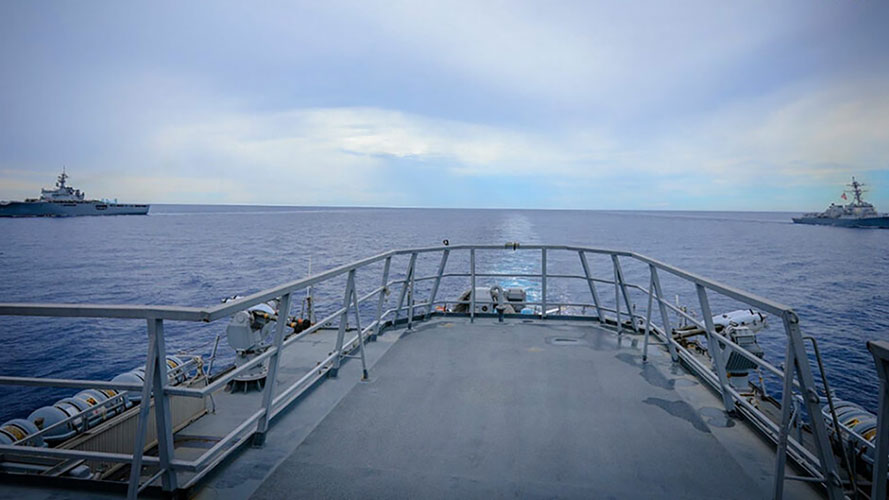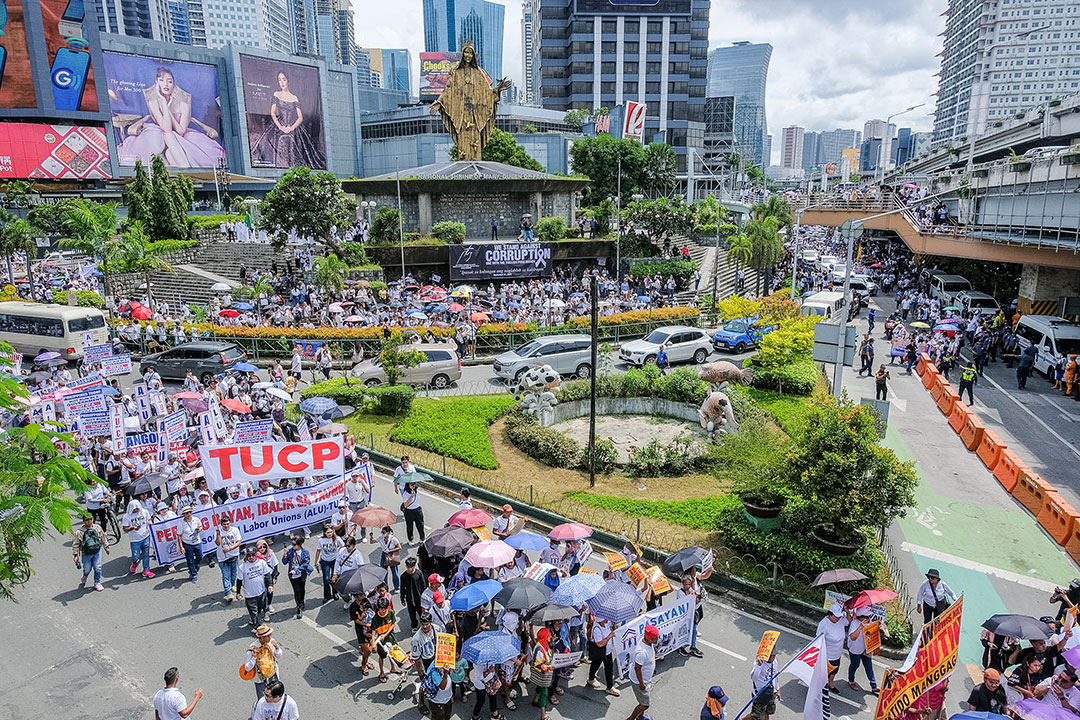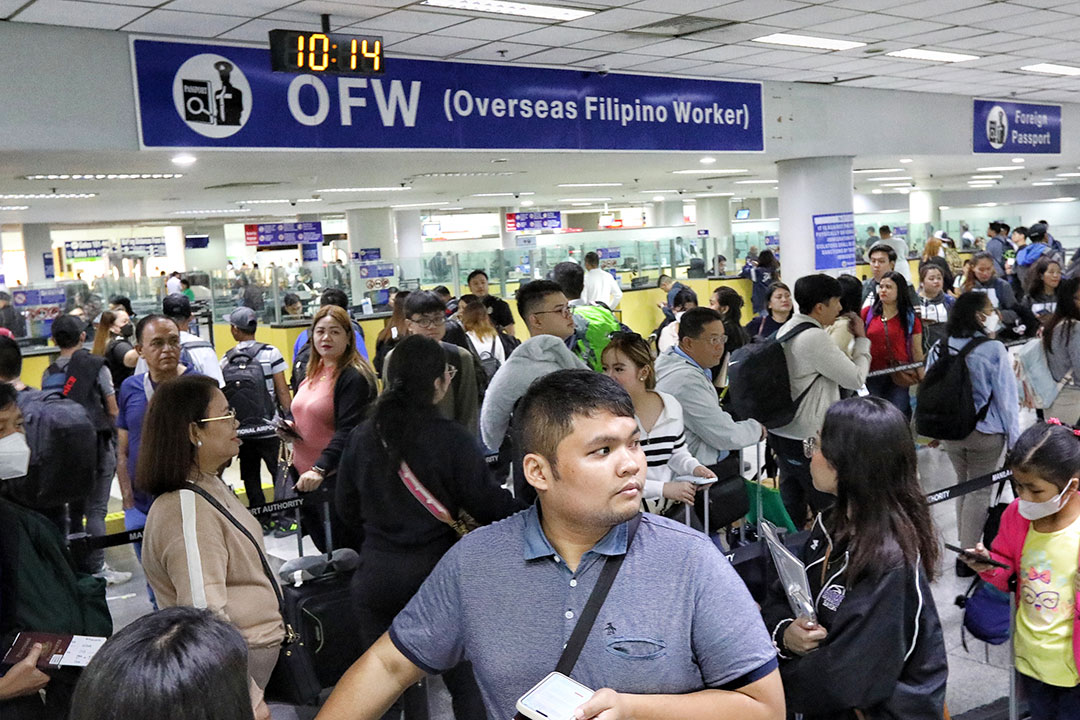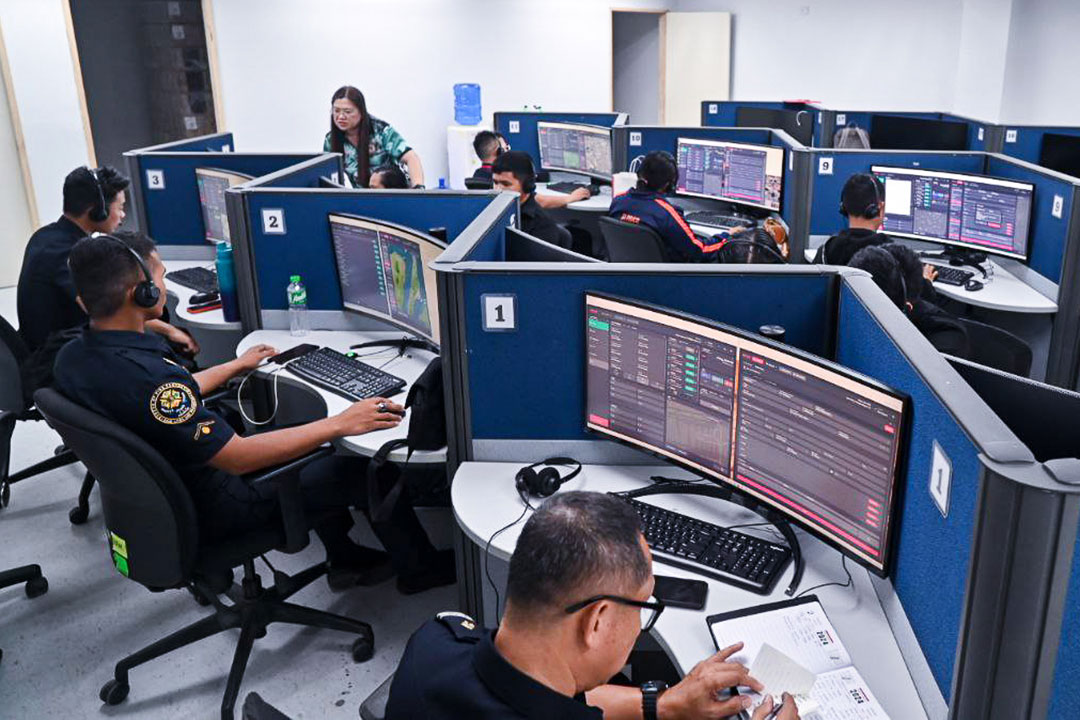Technology
Drawing the line between intra-group transactions
Multinational enterprise (MNE) groups almost always require a broad range of services to support their operations — covering administrative, technical, financial, and commercial needs. These services often involve management, coordination, and control activities that cut across borders and business units. And just as an independent enterprise can choose to perform a service in-house or outsource it to a specialist, an MNE member may acquire services externally or from capable associated enterprises within the group.
This decision, whether to source services internally or externally, raises deeper questions beyond cost and convenience. Are these services truly adding value within related-party arrangements, and does an actual intra-group transaction exist in the first place? Or are charges being made for services that offer no benefit at all? Answering these questions requires more than operational considerations; it calls for strict compliance with transfer pricing principles to ensure that intercompany transactions are carried on at arm’s length.
Fortunately, the Bureau of Internal Revenue (BIR), through Revenue Audit Memorandum Order (RAMO) No. 1-2019, and the Organization for Economic Cooperation and Development (OECD), via its Transfer Pricing Guidelines, offer a framework to help businesses draw the line on what constitutes a valid intra-group transaction.
In this edition of Let’s Talk TP, we discuss how to determine whether an intra-group service is chargeable, what activities fall outside the scope of chargeable services, and why the “Benefits Test” and proper documentation are critical to aligning business practices with regulatory expectations.
WHAT ARE INTRA-GROUP SERVICES?
Under Philippine transfer pricing regulations outlined in RAMO No. 1-2019, intra-group services are defined as activities supplied by one party within a business group that provide benefits for one or more other members in the business group. These services may take the form of management services, administration services, technical services, support services, purchasing services, marketing services, distribution services, and other commercial services provided in connection with the nature of the group’s business.
Similarly, the OECD Guidelines state that pursuant to the arm’s length principle, the question of whether an intra-group service has been rendered should depend on whether the activity provides a respective group member with economic or commercial value to enhance or maintain its business position.
WHAT IS THE ‘BENEFITS TEST’?
The “Benefits Test” is a key principle under transfer pricing guidelines for determining whether an intra-group service should be charged. It considers whether the service rendered provides economic benefit or commercial value that improves the commercial position of the company receiving it, such as increasing profit or enhancing efficiency by reducing operating costs. The process and results of the provision of the services must be supported with documentation and evidence.
Another simple but critical question is — Would an independent enterprise, under comparable circumstances, be willing to pay for the service if it was performed by an unrelated party?
If the answer is yes, the service likely provides economic or commercial value and qualifies as an intra-group service. If the answer is no, the activity may be considered non-chargeable.
Applying this test in practice requires more than a theoretical question; it demands a careful look at the nature of the service, the economic benefit it provides, and whether the recipient would realistically seek it from an external provider. For example, imagine a parent company that develops a sophisticated cybersecurity system and deploys it across all subsidiaries. This service strengthens operational resilience, mitigates risks, and ensures compliance with data protection laws — services that independent service providers are capable of and benefits that an independent enterprise would almost certainly pay for.
While the Benefits Test sounds simple, applying it in practice can be challenging. It requires not only asking whether an independent enterprise would pay for the service but also demonstrating that the benefit is real, measurable, and documented.
ACTIVITIES NOT CONSIDERED INTRA-GROUP SERVICES
RAMO No. 1-2019 also defined activities which are not considered intra-group services; hence, no service fees may be charged:
a. Shareholder activity
This pertains to activities which are performed by a member of an MNE group (usually the parent company or a regional holding company) solely because of its ownership interest in other group members. These activities are undertaken to fulfil the parents’ own obligations and do not provide a direct benefit to subsidiaries.
Examples of these include the preparation of consolidated financial statements and costs relating to the compliance of the parent company with the relevant tax laws. The costs associated with this type of activity should be borne by the shareholder and should not be recharged to subsidiaries who do not directly benefit from such.
b. Duplicative services
Duplicative services occur when a member of an MNE group performs activities that replicate functions already carried out by the taxpayer or by a third party.
An example of this is if a subsidiary has its own Human Resources (HR) team managing payroll and recruitment, but its parent still charges it for similar services. Since the subsidiary already performs this function internally, the additional charge represents duplication and fails the arm’s length test.
c. Incidental benefits
These refer to activities performed by one member of an MNE group primarily to meet the needs of a specific group entity, which incidentally benefits other members. These incidental benefits arise without deliberate intention or direct provision of services to the other entities. Under transfer pricing rules, costs associated with such incidental benefits cannot be charged to the benefiting entity because, at arm’s length, an independent enterprise would not agree to pay for a service it did not specifically request or require.
Consider a group with a centralized IT function. Company A installs a new computerized system to handle orders for Company B, an affiliate that sells products to third parties and to Company C (another affiliate). The new system improves Company B’s efficiency, which indirectly enables Company C to reduce overhead costs by downsizing its purchasing department. Although Company C benefits from the improved system, the service was intended for Company B. Therefore, Company C should not bear any portion of the cost for implementing the system, as the benefit was incidental and not the result of a service directed to it.
d. Passive association
This refers to situations where a taxpayer benefits from its affiliation with the group, such as enjoying a stronger reputation or higher credit rating but does not receive any specific service from the parent or related entity.
Take a well-known multinational group with a strong global reputation and financial standing. A subsidiary benefits from this by obtaining a higher credit rating and easier access to financing than it would on its own. While this advantage is real, it is incidental to group affiliation and not the result of a service rendered. Therefore, no service fee should be charged.
e. On-call services
On-call services are arrangements where a member of the group, often the parent company, keeps certain resources or personnel available for other entities at any time, regardless of whether the service is actually used. Unless an independent party would pay a premium for guaranteed availability, these standby costs should not be allocated to group members.
An example of this is if the parent company maintains a legal team on standby for all subsidiaries but does not provide any legal advice during the year. Charging subsidiaries for this availability is inappropriate because no actual service was rendered, and the cost would not be borne under arm’s length conditions.
KEY TAKEAWAYS
The BIR has the power to redistribute or reallocate income and expenses among related parties (whether local or foreign) if it determines that such adjustments are necessary to reflect the true income of a business. This underscores the importance of identifying potential intra-group transactions and ensuring they are priced at arm’s length.
Accordingly, while intra-group services are common in multinational setups, they shouldn’t be charged without careful consideration. Think of it this way: in real life, you wouldn’t pay for a service you didn’t ask for or benefit from, right? Conversely, you wouldn’t do work for free or without just compensation either, especially if it takes time, effort, and resources. The same logic holds true in transfer pricing.
Tax authorities expect companies to demonstrate that intercompany services provide genuine value and are priced fairly. But even a sound analysis isn’t enough without proper supporting records. Hence, it is prudent for taxpayers to prepare detailed transfer pricing documentation that delineates the nature of intercompany transactions, substantiates the value provided, and supports the pricing methodology applied. This not only serves as a compliance tool but also acts as a safeguard in the event of tax audits or disputes, helping affirm the integrity of the company’s transfer pricing practices.
So, the next time your company provides intra-group services, pause and reflect: Is there real value being delivered? Would anyone outside the group pay for this? Because in transfer pricing, it’s not just about doing the work, it’s about proving the worth. To charge or not to charge? That is the question.
Let’s Talk TP is an offshoot of Let’s Talk Tax, a weekly newspaper column of P&A Grant Thornton that aims to keep the public informed of various developments in taxation. This article is not intended to be a substitute for competent professional advice.
Patrick Manuel R. Olarte is a manager from the Tax Advisory & Compliance division of P&A Grant Thornton, the Philippine member firm of Grant Thornton International Ltd.
















